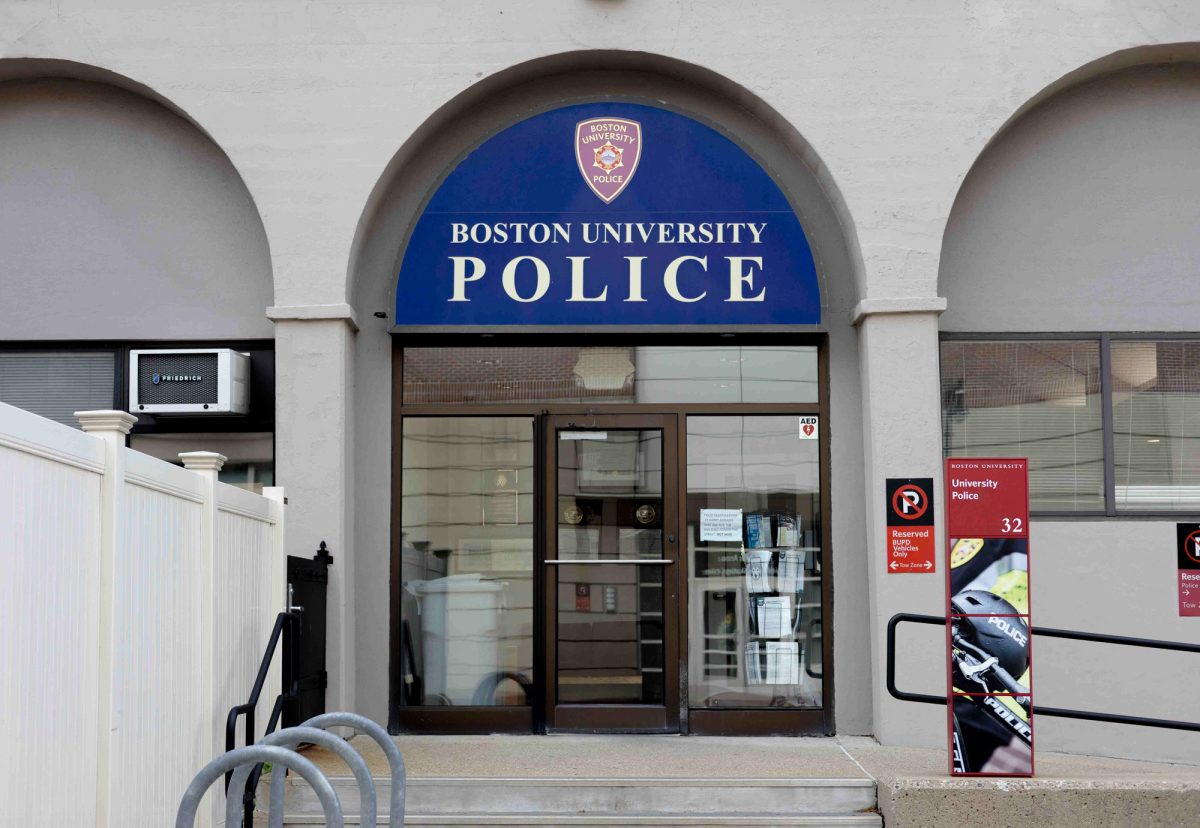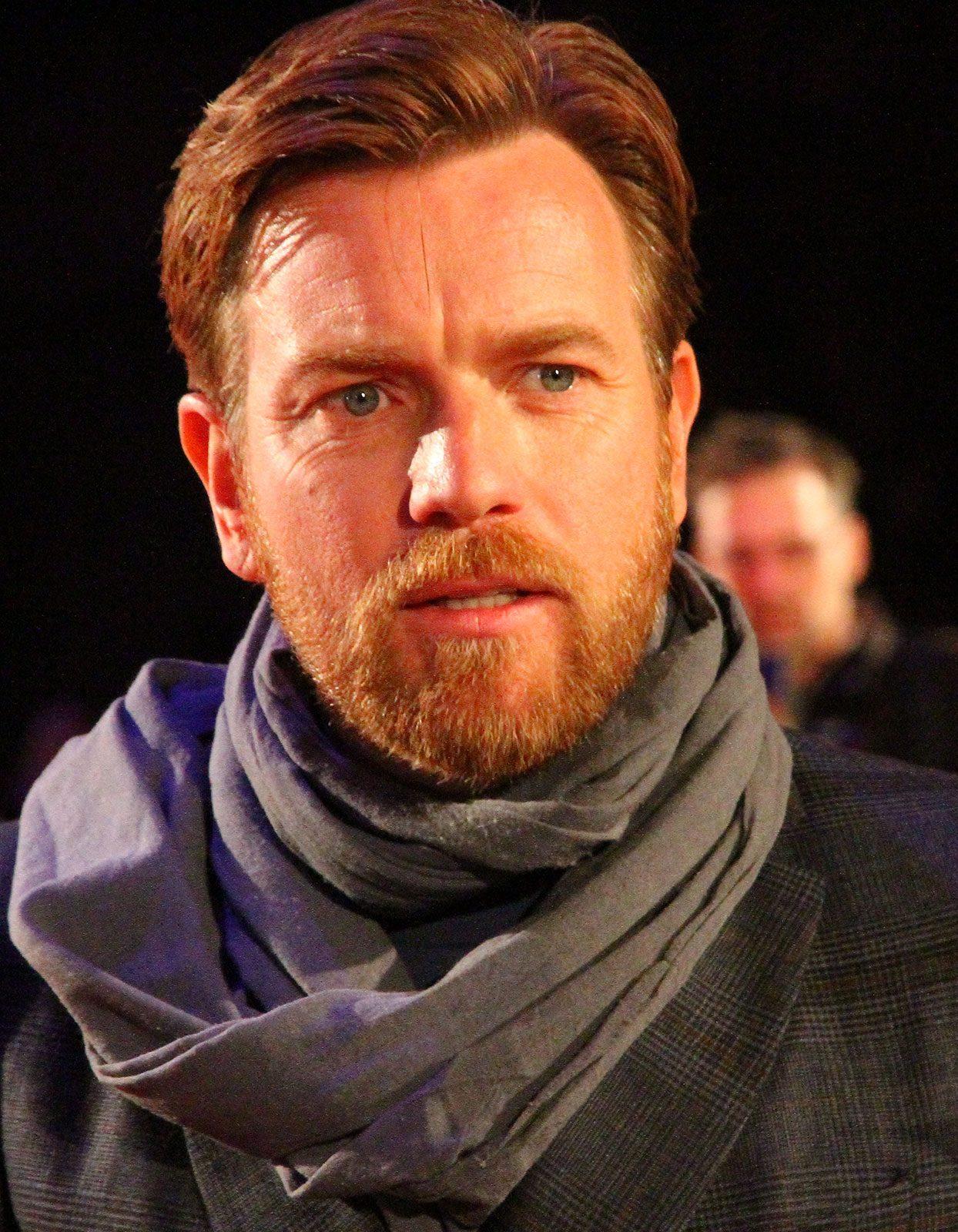The movie “Doctor Sleep” is an exercise in withstanding a sluggish first half for a solidly suspenseful second half.
The story follows a grown-up Dan Torrance (Ewan McGregor), who clearly remains traumatized by the events he endured in the film’s predecessor, “The Shining.” McGregor plays Torrance with a presence that manages to be equally subdued and commanding in his portrayal of the reformed alcoholic.
Thirty-nine years after the trauma he suffered as a child at the Overlook Hotel, Torrance moves to New Hampshire to escape his psychological scars as well as the alcoholism he’s developed as a coping mechanism. The latter has dulled his “shine,” i.e. his ability to interact with people using telepathy.
As a result of his newfound sobriety, Torrance is able to interact telepathically with a young girl named Abra Stone, played with assurance by Kyliegh Curran, who has an even stronger “shine” than he had as a child.
He stumbles upon a group called the True Knot torturing and murdering of another child who has the ability to “shine.” This malevolent organization prolongs its members’ lives by absorbing the dying breaths of people who can “shine.”
Stone’s psychic presence alerts the head of the cult, Rose the Hat, played servicably by Rebecca Ferguson, who sets out after her. Stone alerts Torrance and the two of them set out to end the cult’s terror on people who can “shine.”
The film is reliant on the strength of Stephen King’s 2013 novel. While McGregor and Curran do a solid job at fleshing out their characters, the other actors in the film delivered performances that do nothing to particularly enhance their characters.
There’s a moment in the film where Ferguson’s character attempts to track Stone’s location. It’s arguably the film’s weakest point.
While necessary in moving the plot along, the visual effects used to portray Ferguson roaming in space attempt to create a dream-like atmosphere that unfortunately results in underwhelming visuals that are reflective of the film’s mid-sized budget.
Giving the screenwriter some credit, however, the ending is satisfying in its own right, particularly as a departure from the ending of the novel. While a Stephen King purist might balk at the idea of the ending being so radically different between the novel and the film, one has to admire the writer for taking the step to alter the epilogue of the narrative. This lends the film an air of sincerity that sometimes gets lost in adaptations of movies, like “It: Chapter 2.”
Outside of a flashback sequence in the opening moments of “Doctor Sleep” strikingly resembling Kubrick’s work, the first half of the film is void of references to “The Shining.” This lends itself to forming some of its own identity, but said identity is devoid of compelling cinematography and filled with sluggish pacing.
While the acting isn’t necessarily award-winning, McGregor delivers a performance that deserves praise and “Doctor Sleep” as a whole is a compelling journey once the viewer overcomes the lethargic pacing in its first half.


























































































































